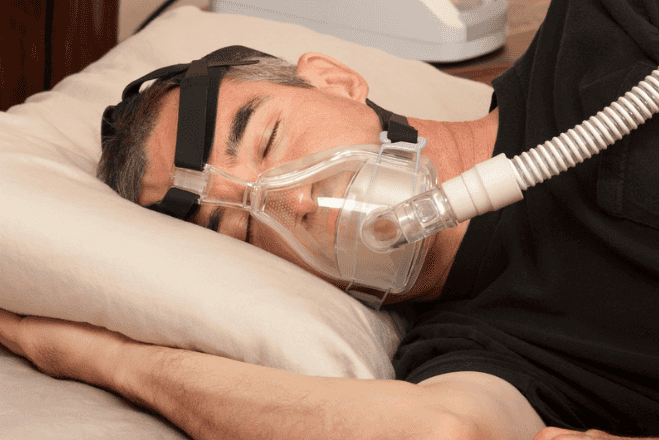Sleep apnea (SLEEP ap-nee-uh) is a metabolic disorder that affects the respiratory system. It is a condition where the person collapses while sleeping and wakes with a gasp. They may have a loud snoring sound, or an inability to breathe while sleeping. Sleep apnea is often caused by obesity which involves putting excess weight on the neck and upper body, and this causes obstruction of the airways.
Weight gain can cause sleep apnea because it puts stress on the upper body. When the neck and upper body are too big, they put pressure on the throat which closes off the airway so it becomes harder to breathe.
Smoking is also a factor in sleep apnea because nicotine narrows blood vessels and interferes with how oxygen moves out of red blood cells. Sleep Apnea increases your risk for heart attack or stroke. It can also lead to high blood pressure, diabetes, mood disorders like depression, and obesity (which is why weight gain often causes sleep apnea). Sleep Apnea can contribute to accidents because people tend to fall asleep behind the wheel while driving.
People who suffer from alcohol addiction also experience problems sleeping and breathing. Alcohol withdrawal can cause waking up at night and struggling to breathe.
Sleep apnea is a common sleep disorder with a serious impact on health and quality of life. People with sleep apnea stop breathing during sleep and this can cause serious health problems – and in some cases, death. Sleep apnea is different from snoring and is associated with a number of other health problems including high blood pressure, heart disease, stroke and diabetes.
Treatment for sleep apnea involves losing the excess weight, quitting smoking and drinking alcohol, using an oxygen mask during sleep, or surgery if needed. It is important to get treatment because sleep apnea interferes with people’s quality of life whether they are sleeping or not. People often feel tired all the time which can lead to feelings of fatigue or irritation. If you have trouble falling asleep or staying asleep it may be a sign that you have sleep apnea. The National Institute of Health has more information on this condition including signs and symptoms at https://www.nhlbi.nih.gov/health/dci/Diseases/SleepApnea/SleepApnea_WhatIs.html
